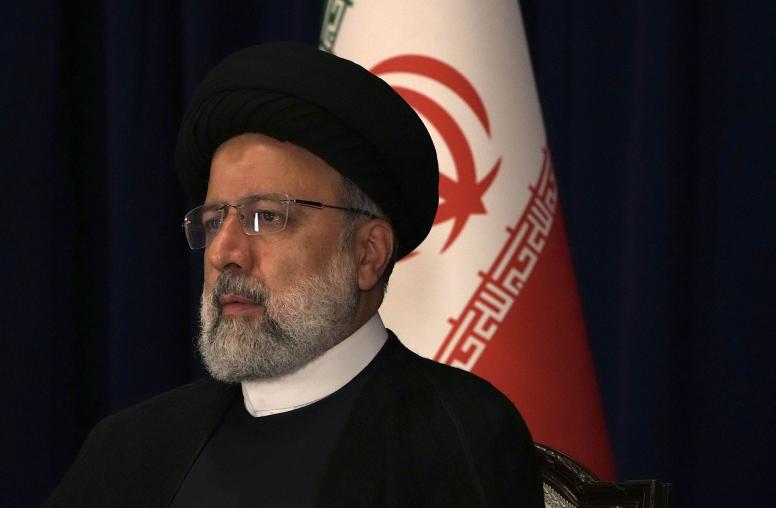Q&A: Nuclear Deal Will Boost President Rouhani
Accord Won’t End Tensions with U.S., But May Open Iran’s Political Space, Wright Says
Yesterday’s announced framework for a deal on Iran’s nuclear program will limit Iran’s nuclear activities in exchange for an end to international economic sanctions against the country. Many experts, including USIP’s Daniel Brumberg, have offered analysis of the agreement’s details, including its chances of preventing Iran from reaching a nuclear-weapons capability. Less attention has focused on the meaning of the accord for Iran and its place in the world. USIP expert and author Robin Wright says the accord and its promise to ease Iran’s deep economic crisis will boost Iran’s centrist president, Hassan Rouhani. He has said he sees it as a first step to re-integrating Iran in international relations.
What does a nuclear deal mean for Iran?
The Islamic Republic has been a pariah nation for most of the past 36 years for several reasons: its nuclear program, its support for extremist movements, and human rights abuses. If a deal between Iran and the world’s six major powers is formally signed this summer, Tehran will not only get relief from some of the world’s most punitive sanctions, the most populous country in the Middle East will begin to reintegrate into the international community. The largest consumer market in the Middle East will be open to Western businesses again. Dialogue will be possible on other issues, over time, as well. Over the past 18 months, regional crises, such as Syria, Iraq and Yemen, have been brought up, briefly, on the sidelines of the nuclear negotiations.
But Iran will continue to face serious U.S. sanctions because of its ties to terrorism and human rights violations. So implementing a deal will be only the beginning of a long process that will play out over many years, not months. There should be no illusions that the end of tensions between Tehran and Washington is near.
What has been the reaction in Iran?
The blueprint for a deal has been widely welcomed in Iran, where people turned out on the streets in Tehran and several cities to celebrate late into the night. Polls have consistently shown that the majority of Iranians supported a nuclear deal with the outside world. Foreign Minister Mohammad Javad Zarif received a hero’s welcome when he arrived home. Predictably, hardliners are not happy about what they view as too many concessions to the West, notably to the United States.
What does this mean for Iran’s place in the world?
President Hassan Rouhani addressed the nation today and suggested that the nuclear deal was only the “first step” in “eliminating hurdles in foreign relations. We should take other steps.” He struck a conciliatory tone reminiscent of former President Mohammad Khatami’s call to bring down the “wall of mistrust” with the outside world in the late 1990s.
“We are not just addressing the nuclear issue,” Rouhani said in his speech, which was televised. “This is the first step in order to reach the highest point of constructive interaction with the international community. We see cooperation and interaction with all countries willing to respect the Iranian nation. We are after closer relations and improving relations. And if we have any sort of tension with any nation, we are after putting an end to such tension.”
He rejected criticism from hardliners, who make up the majority in parliament as well as the judiciary. “Some think we should either fight with the world or give in to the powers. We believe there is a third option – a solution. We can cooperate with the world,” Rouhani said.
What does the deal mean for Iran politically?
The tentative agreement is a major boost to President Rouhani, who has needed a foreign policy win to open the way for badly needed domestic reforms. Since his upset victory in 2013, he has focused heavily on the nuclear negotiations, with economic issues coming in second. If the blueprint for a deal is inked this summer, he would gain the kind of leverage necessary to move on social and political issues.
Iran also faces parliamentary elections in a year, and a nuclear deal could be a major swing factor when voters go to the polls. Since 2004, Iran’s unicameral parliament has been dominated by conservatives and hardliners. Many reformers and centrists have not even been allowed to run by the 12-man Council of Guardians that vets candidates. But the popularity of a deal changes the political atmospherics in ways that could gradually open up political space for others.



